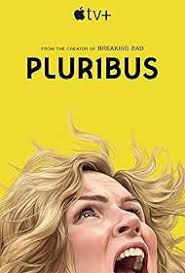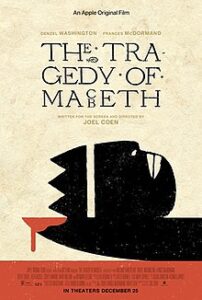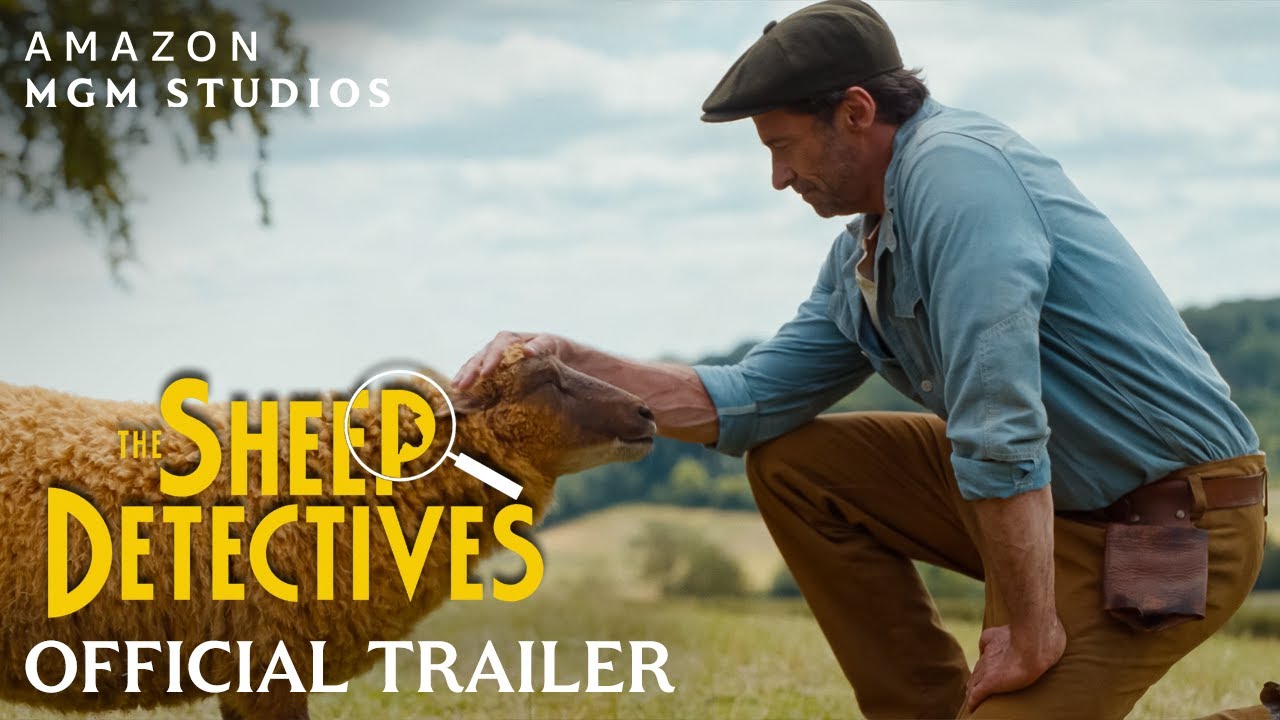.
After weeks of working overtime and feeling the crush of massive amounts of work, I decided that my mental health required a break and this week I took off Monday, Tuesday, and Wednesday.
Now, these days were not entirely my own, but what appointments I had were short and not too troublesome. Monday required a visit to the dentist to have an impression made for the crown of my latest tooth implant. Thanks to the wonders of modern science this time I did not have to hold my mouth closed over a bunch of gunk as it hardened. Instead, they scanned the inside of my mouth with a laser-based measuring device and recreated the contours that way. Very cool.
Tuesday, I visited a speech therapist for techniques that might help control and mitigate the persistent cough that has pestered me for two years.
Wednesday, I took my Kia Soul to our local mechanic for a tune-up as the little car is just about to hit 100,000 miles.
At home during those three days I relaxed and worked on my query letter and I think I have had a breakthrough. The roughest parts of the letter, which is ideally kept to a single page of text, is the paragraphs where you actually pitch the novel. Until this breakthrough I had been focused on describing the plots of the novels I pitched, but I think this theme focused approach might work better. Here is the pitch for the current novel Outrageous Fortune.
In San Diego in 1984 Dave Ludendorff lives a charmed life and is a good man. In spite of being a gay teenager in the ’70s he has never been taunted, hounded, or beaten for his orientation. The arthouse theater he inherited, that Dave has made a sanctuary for the queer and the outcast, thrives. Even with the resurgent Moral Majority of Reagan’s America, his life is good, blessed with friends and health.
The facade of Dave’s life crumbles with the discovery of a film depicting his grandfather leading a human sacrifice, a ritual that brought Dave this preternaturally charmed life. Now, with his grandfather’s cult pursuing him and murderous ghosts unleashed, Dave uncovers that everything he understood about his life, and perhaps himself, is a lie. Only by uncovering his family’s buried secrets can he hope to survive.
The truth, however, forces a terrible choice on Dave. He can accept the benefits of that human sacrifice, preserving his charmed life, but with the knowledge that like his grandfather and father before him he is the sort of evil man who profits from the suffering of others. Or he can destroy the cult, naively face the world without supernatural protections, enduring “the slings and arrows of outrageous fortune” and in truth become the good man he always imagined himself to be.
I am going to do a little more work on it and then we’ll see if this draws better results than the previous version.
Last Sunday was a particularly nice day here in San Diego and my sweetie-wife and I made our regular visit to the zoo. Because we are zoo members, we could ignore the nasty new regulations that are charging people for parking at the Zoo and Balboa Park. With the sun out and hardly a cloud in the sky I brought along my camera and snapped a number of pictures. Here are two, the first shows just how damned nice the paths through the zoo were that day and the second of a hippo, in greyscale, looking like something from a horror film.





